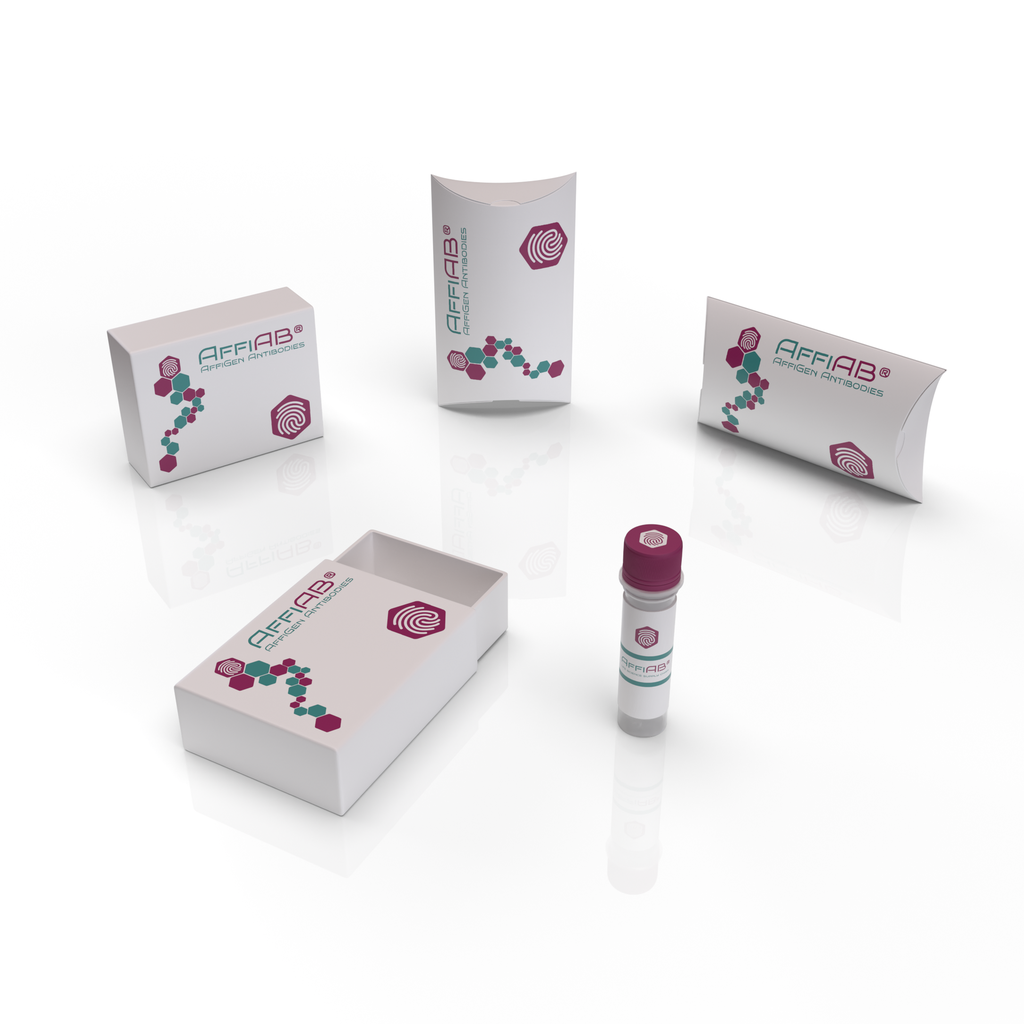Overview of Actin Alpha Cardiac Muscle 1 (ACTC1) Antibody
Introduction
The Actin Alpha Cardiac Muscle 1 (ACTC1) antibody targets the ACTC1 protein, a key component of the cardiac muscle contractile apparatus. ACTC1 is a muscle-specific actin isoform predominantly expressed in the heart, where it plays a crucial role in muscle contraction and cell structure. It is a part of the larger family of actins, with its expression tightly regulated in the myocardium.
ACTC1 Function
ACTC1 is integral to the structure and function of cardiac muscle fibers, as it interacts with other cytoskeletal components like myosin, tropomyosin, and tropomodulin. ACTC1 contributes to the maintenance of cardiac myocyte architecture and contraction by forming part of the thin filament in the sarcomere. This structure facilitates coordinated contraction and relaxation, critical for heart function.
The unique role of ACTC1 in cardiac muscle is evident from its absence in skeletal muscle cells, highlighting its tissue-specific expression pattern. It is essential for maintaining the structural integrity and mechanical properties of cardiac myocytes, ensuring optimal heart contractility and functioning.
Clinical Significance
ACTC1 is implicated in several cardiac pathologies, particularly in the context of dilated cardiomyopathy (DCM) and other forms of heart failure. Mutations or disruptions in the ACTC1 gene have been linked to the development of familial forms of DCM, which are often characterized by progressive heart enlargement and impaired contraction.
ACTC1 mutations can lead to defective contractile function, disrupting normal cardiac function and contributing to arrhythmias, left ventricular dysfunction, and heart failure. Additionally, the protein’s involvement in sarcomere structure suggests that ACTC1 could be a potential biomarker for diagnosing various forms of cardiomyopathies, including DCM and hypertrophic cardiomyopathy (HCM).
Applications of ACTC1 Antibody
The ACTC1 antibody is widely used in research and diagnostic applications, especially for studying cardiac diseases. It can be used in various immunohistochemical, immunofluorescence, and Western blotting assays to identify and characterize ACTC1 expression patterns in cardiac tissues. The antibody aids in the identification of ACTC1 as a potential marker for diagnosing congenital heart defects, particularly those associated with cardiomyopathies.
Additionally, ACTC1 antibodies are critical in the investigation of sarcomere dynamics and the pathophysiology of inherited cardiac diseases. These antibodies are also valuable tools in exploring the molecular mechanisms behind heart failure, arrhythmogenesis, and the remodeling processes that occur in the failing heart.
Conclusion
The ACTC1 antibody serves as a powerful tool for understanding the molecular underpinnings of cardiac diseases, particularly those related to contractile dysfunction and structural abnormalities. As our understanding of ACTC1 continues to expand, its role in the diagnosis and potential therapeutic targeting of heart failure and other cardiac conditions is becoming increasingly significant.

